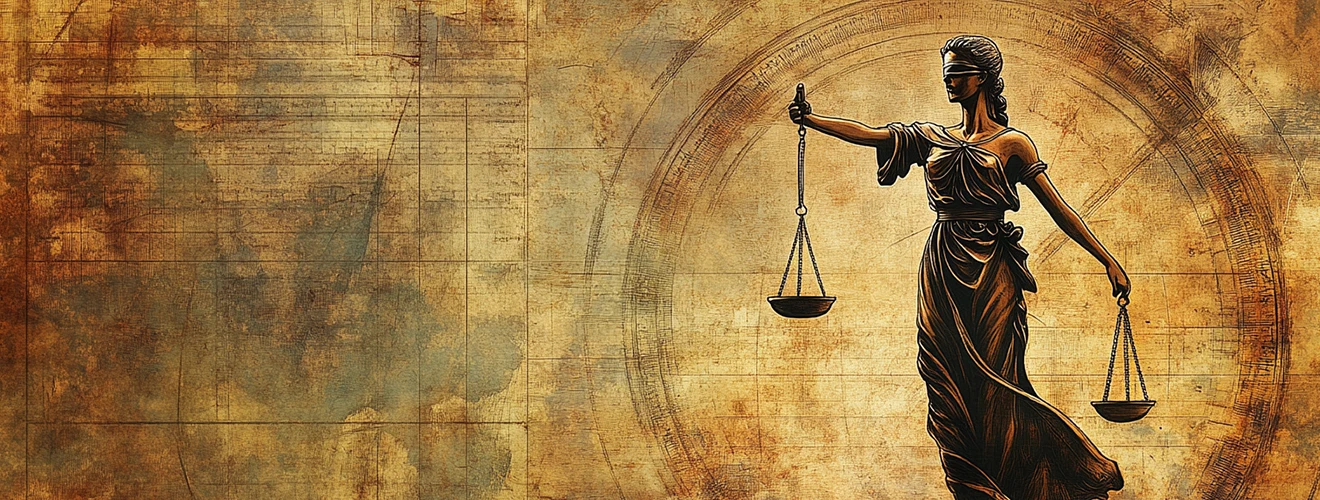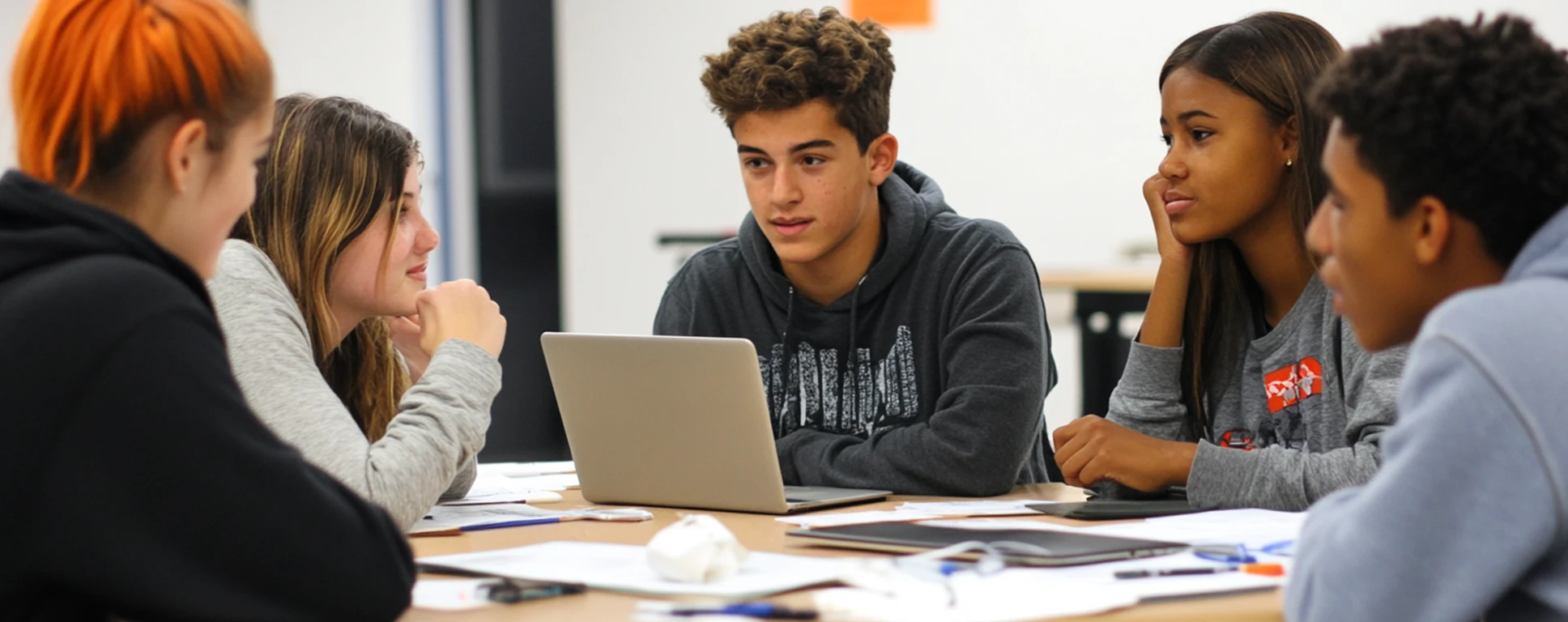
Pathways in World Politics
Course Description
International relations explores the consequences of the world having multiple, interacting national governments, rather than a single world government. International relations offers conceptual tools for understanding the causes of and possible solutions to many of the challenges facing the world today, including global pandemics, wars, nuclear proliferation, economic crises, and climate change. This three-week course will introduce students to the scientific study of world politics, focusing on such issues as the creation of international organizations like the United Nations, the regulation of the global economy, and applied diplomacy. The course is a combination of standard classroom material (lectures, readings, and discussion) and diplomacy simulations. You will come away with a comprehension of politics among nations, which can bolster a future career in business, government, journalism, education, law, or nonprofit organizations. This course will also make you better informed global citizen poised to make informed decisions and interventions in an increasingly complex world.
Academic Interest
Law and Politics, Examining Culture and Society, Social Sciences (e.g., history, psychology, sociology)
Application Materials
A complete application includes a transcript, two short essays, a letter of recommendation, writing sample, application fee, and a submitted parent confirmation. If you are seeking need-based financial aid, you must indicate that in your application before it is submitted. Please refer to the Application Instructions for complete details.
Instructor(s)
Paul Poast, Bobby Gulotty, Rochelle Terman
Cost
$9,300
Other Courses to Consider
These courses might also be of interest.
 Human Rights: Foundational Concepts, Global Challenges
Human Rights: Foundational Concepts, Global ChallengesWhat does it mean to have "human rights"? How does the understanding of these rights shape the world we live in today?
We will explore the evolution of the concept of human rights, from foundational institutions and treaties such as the Universal Declaration of Human Rights to current debates on equality, justice, and freedom. We will consider key issues such as freedom of expression, the right to education, gender equality, and protection from violence—examining how these rights can apply globally and locally.
Through a mix of real-life case studies, interactive discussions, and media, students will dive into how human rights are defended and challenged around the world by international organizations, governments, and grassroots movements in protecting rights and advancing social justice. Whether you're aiming to pursue law, politics, or advocacy, this course equips you with the tools to think critically about human rights in today's world and discover your potential to make an impact.
Residential Legal Reasoning and Institutions
Legal Reasoning and InstitutionsThis course will introduce students to the basic principles of legal reasoning -- how to think like a lawyer -- and provide students with an overview of the legal system.
Students will use rule-based and analytical reasoning to engage with hypotheticals mirroring the laws, guidelines, and standards one encounters daily, from mobile phone subscription plans to school dress codes. Students will then consider law within the framework of institutions, or the enduring set of rules and patterns that regulate behavior, such as constitutional principles, criminal law, tort regulations, and the larger court system.
In this highly interactive course, you will participate in simulations, actively propose and discuss hypotheticals, and work in groups to determine alternative outcomes. You will also hear from guest speakers including practicing lawyers, legal academics, and leaders of civil society organizations, and attend court proceedings.
This course is recommended for students who are interested in law as a career and for anyone who is curious about what makes our social and political world tick.
Residential Career Insight: Law and Social Impact
Career Insight: Law and Social ImpactMake a difference in the courthouse, legislature, think tank, or NGO!
Explore possible paths to follow during and after college, as you look deeper into how you might pursue your passions. Your journey begins here at UChicago, where fearless inquiry into new ways of understanding seemingly intractable problems is one of our core values.
In the morning, UChicago professors, lecturers, and researchers will introduce you to key concepts and practices in law, public policy studies, and the social sciences through lectures, discussions, readings, and hands-on activities designed to reveal a range of possible pursuits.
In the afternoon, connect with practitioners through presentations, informational interviews, and career treks around the city, and with Career Advancement staff who will help you consider what various career paths you might follow and cultivate the skills you need to begin to pursue those opportunities.
You will put your skills and knowledge into practice in a small-group final project as well as individual reflection essays and other assignments.
Residential